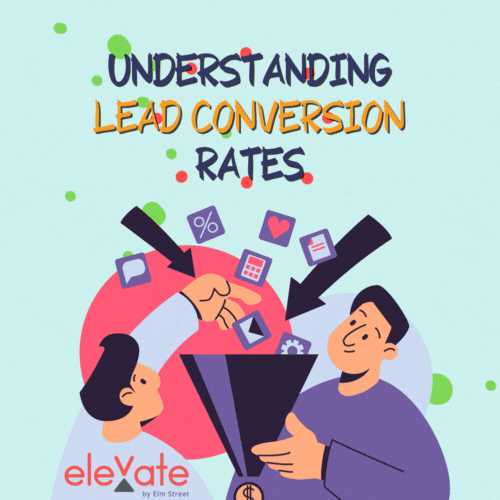 In marketing, a conversion rate is a measure of how many prospects are turning into clients. To find your conversion rate, you divide the number of closed sales by the total number of leads. Simple, right?
In marketing, a conversion rate is a measure of how many prospects are turning into clients. To find your conversion rate, you divide the number of closed sales by the total number of leads. Simple, right?
Not always. When it comes to real estate, many would argue that as a statistic, conversion generally lies. Though it might seem like tangible evidence, a simple number may not accurately reflect the success of your marketing efforts.
Understanding how lead conversion rate works in the real estate context may help you optimize your internet marketing - and your way of viewing your own success.
Numbers aren't everything: Conversion at a glance
Conversion rates are not always a good measure of success. They can be useful for comparing different marketing strategies, but only if you're clear on what conversion rate is actually measuring.
At a glance, conversion rate is a measurement of how many prospects are moving toward becoming clients. A higher rate would be seen as a good sign, while a lower rate may point toward need for improvement.
Scale is also crucial in understanding conversions. Real estate agents tend to have an incredibly low conversion rate - between 0.4% and 1.4%, according to NAR. For every 200 real estate leads, only one or two actually become clients and close a deal.
Successful real estate professionals know a handful of closed deals in one year is a great accomplishment. But how many leads are behind those few clients? This is why it's important to consider conversions as part of a larger picture.
Different types of lead conversion
Due to the unique nature of real estate transactions, there are many ways you can track your success beyond overall leads converted into sales. Each of the myriad steps along the way can count as a milestone for a particular lead, and help you pinpoint areas in your process where you might need to improve.
Some other conversion rates you can consider tracking include:
- Talk rate: Follow-ups or actual conversations resulting from a lead capture.
- Set rate: Leads committing to an appointment or meeting.
- Show-up rate: Leads following through on the meeting and actually showing up.
- Meeting conversion rate: Meetings turned over into sales.
Each of these key performance indicators, or KPIs, are essential to creating the perfect marketing strategy. By focusing on the larger picture and combining these results with overall leads-to-sales ratios can be extremely beneficial.
Customer type makes a difference
While leads-to-sales conversion rate shouldn't be the end-all-be-all metric of your success, it's still a good idea to track and improve it when possible. Studies have shown that in real estate, different types of leads will have different conversion rates.
For example, if a customer has already worked with you, the conversion rate will be higher than if they haven’t. This is because you have an existing relationship with them, and they understand what to expect from your process, which makes them more likely to convert into a new closed deal.
This doesn't just apply to repeat customers; referrals also have an elevated chance of converting. Referrals are people who have been referred by past or existing clients, and generate a significant amount of real estate business. Most agents find referral customers convert at a higher rate than those without a connection.
Leverage your sphere of influence for more referrals
Conversion rates are a good way to measure the effectiveness of your marketing and sales efforts, but it’s important to remember they vary depending on the type of customer and industry.
Track and manage your leads through every marketing channel to find where your best conversion rate occurs. With the number of leads and prospects you'll gather, it's natural to have a "low" conversion rate overall - it's just how real estate works.
However, fine-tuning your marketing efforts to nurture and encourage repeat and referral customers while also fine-tuning various other forms of lead conversion will help you boost your numbers and grow your business.
